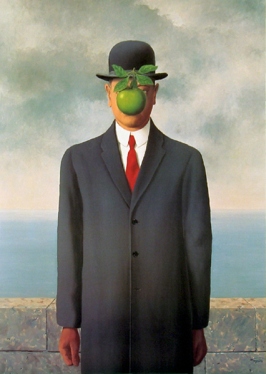 |
by Nick Charney |       |
I wrote a few weeks ago about the facelessness of bureaucrats (See: How Can Bureaucrats Be Interesting When the World Demands that they be Boring), the ensuing conversation focused a lot on the question of whether or not bureaucrats can remain faceless given the pressures of the new media environment. What I've come to realize since then is that its the wrong question to be asking.
Bureaucratic cultures are indeed defined by facelessness
But not the facelessness between individual public servants and the public they serve but rather among and between individual public servants themselves. By this I mean that facelessness isn't some abstract problem out there where we interface with the public, but rather a very real problem in here where we interact with one another.
I may be wrong, but I can't help but wonder if we are slowly coming to the conclusion that our self-isolating, postmodern and deconstructivist organizational cultures are no longer tenable. That it is no longer sufficient to accept as given the close reading and even closer enforcement of rules without reference to the cultural, ideological, and moral opinions of those who first brought those rules to bear. In the words of Derrida, "Il n'y a pas de hors-texte" (there is no such thing as outside-of-the-text) is no longer a cultural pillar we can build around.
In other words, are we realizing that we need to move away from facelessness and rehumanize the civil service? Is this the mountain that may or may not be ready to move? (See: Moving Public Service Mountains, Part 1)
I can't say for sure, but I get the sense that it may be time to shift rewards away from the cold comforts of facelessness and the predictability that rules, frameworks and protocols afford. Make no mistake, these things are still needed, but they ought to be used to build platforms for civil servants and public services to stand on proudly, not cast shadows for them to hide in.
The most obvious and important realities are often are the ones that are hardest to see and talk about.Above is an excerpt from a new take on a commencement speech given by David Foster Wallace that went viral last week.
Watch it (embedded below)
Its simple, effective and drives home the discussion I think we ought to be having about problem of facelessness and the deference to "the default setting" of our shared office cultures. It also does it in a far more convincing manner than I ever could.


No comments:
Post a Comment